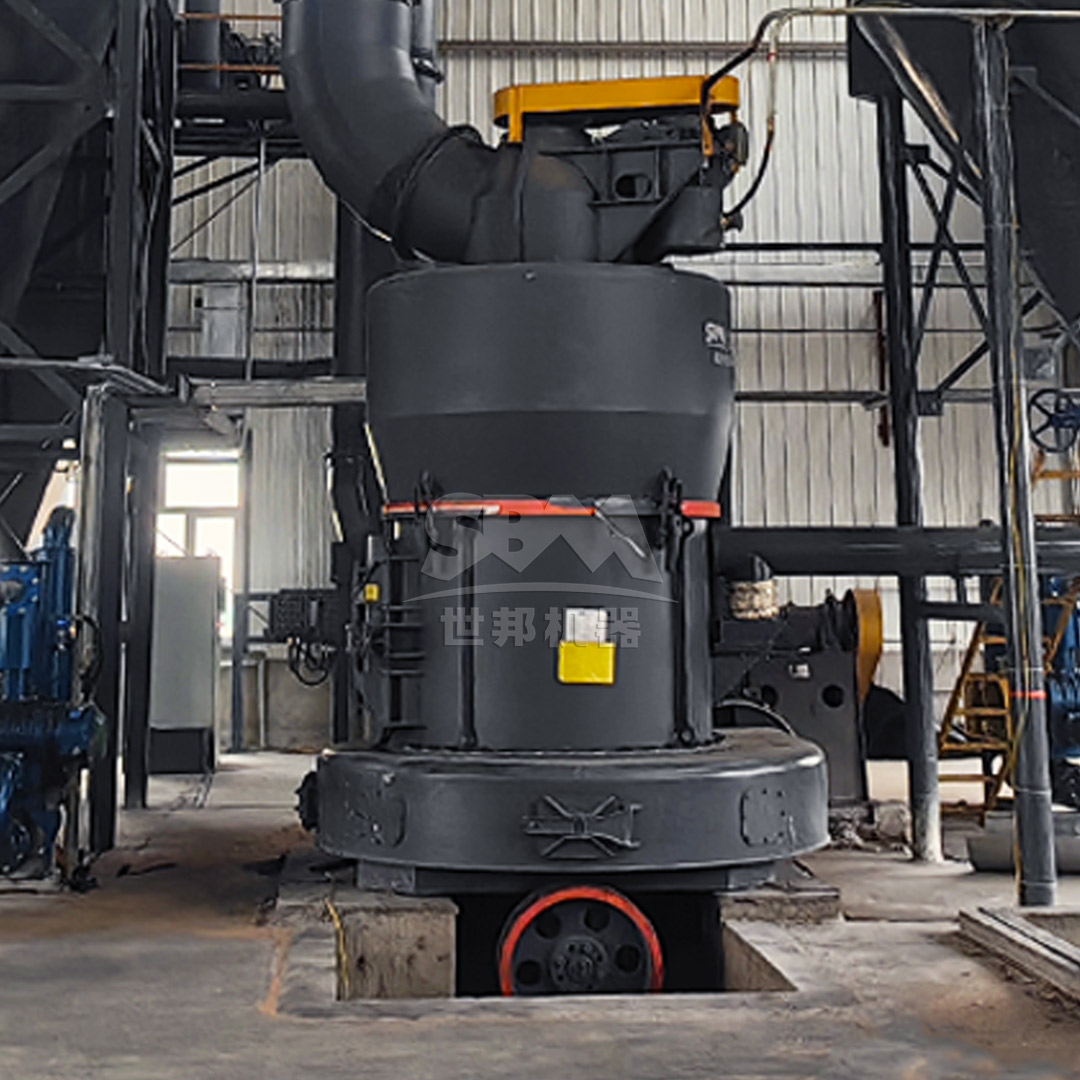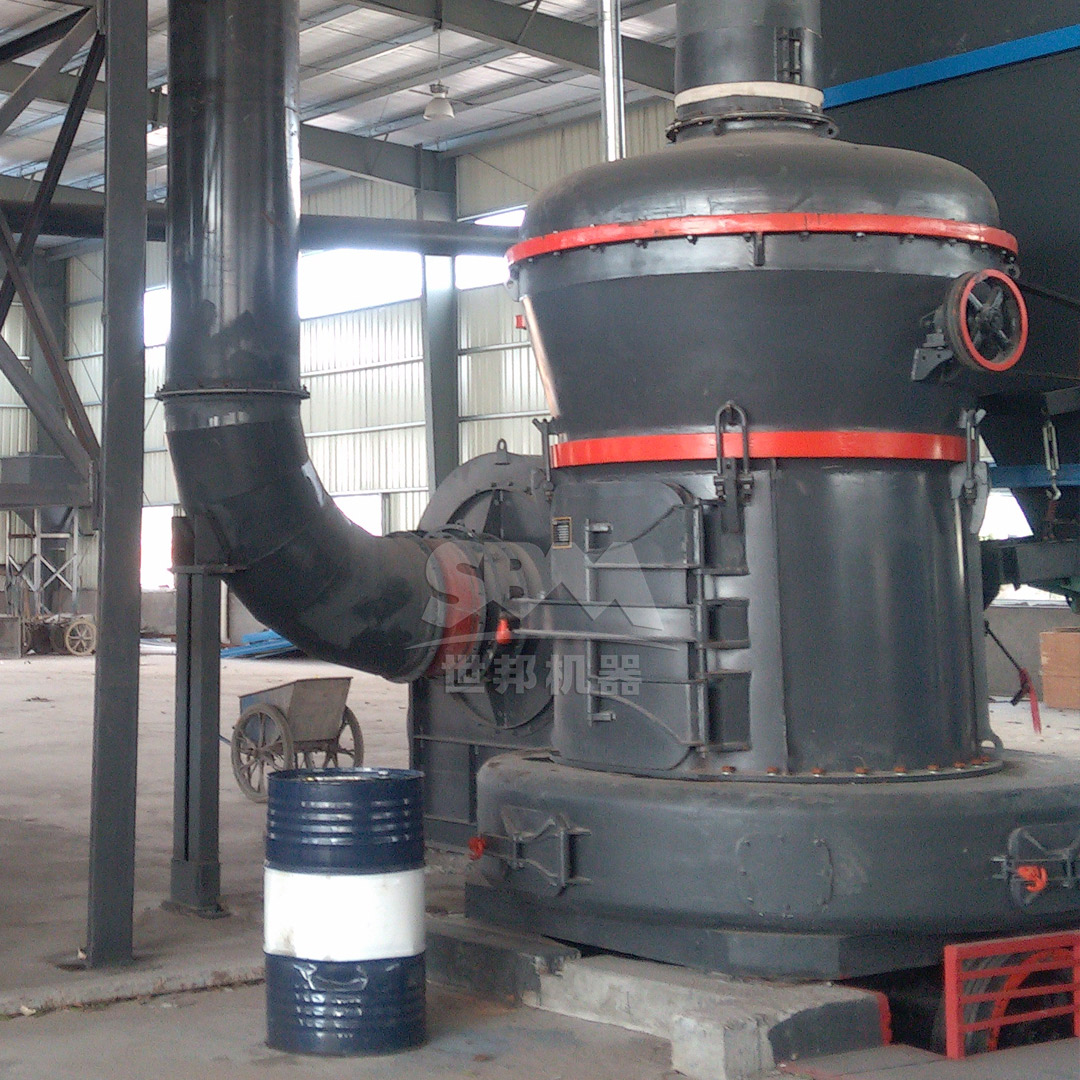The production of carbon anodes for aluminum smelting represents one of the most demanding applications for petroleum coke grinding technology. Calcined petroleum coke serves as the primary carbon source in anode paste formulation, where particle size distribution directly impacts anode density, electrical conductivity, and mechanical strength. The grinding process must achieve precise control over fineness while maintaining cost efficiency and operational reliability in continuous industrial settings.
Modern anode production facilities require grinding systems capable of processing various petroleum coke grades with consistent output quality. The optimal particle size distribution typically ranges from 150 to 300 microns for the coarse fraction and 45 to 75 microns for the fine fraction, with strict requirements for minimal contamination and uniform morphology. This article examines the technical requirements for petroleum coke grinding and explores advanced milling solutions that meet these demanding specifications.

Petroleum coke presents unique challenges in grinding operations due to its abrasive nature, variable hardness, and tendency to generate heat during processing. The ideal grinding system for anode production must address several critical parameters:
The grinding system must also accommodate variations in raw material properties, as petroleum coke characteristics can differ significantly based on the crude oil source and calcination process. Moisture content, volatile matter, and Hardgrove Grindability Index (HGI) all influence grinding performance and must be considered in equipment selection.
Several grinding technologies have been developed specifically for petroleum coke processing, each with distinct advantages for particular production scales and quality requirements. The evolution from traditional ball mills to modern vertical roller mills and specialized grinding systems has significantly improved efficiency and product quality in anode manufacturing.
Vertical roller mills have emerged as the preferred solution for large-scale petroleum coke grinding operations due to their superior energy efficiency and excellent particle size control. These systems utilize a bed compression grinding principle where material is ground between a rotating table and stationary rollers, with integrated classification ensuring precise control over product fineness.
For petroleum coke applications, our LM Series Vertical Roller Mill offers exceptional performance with the following advantages:
| Model | Grinding Table Diameter (mm) | Capacity (t/h) | Main Motor Power (kW) | Product Fineness |
|---|---|---|---|---|
| LM130K | 1300 | 10-28 | 200 | 170-40μm (80-400 mesh) |
| LM150K | 1500 | 13-38 | 280 | 170-40μm (80-400 mesh) |
| LM170K | 1700 | 18-48 | 400 | 170-40μm (80-400 mesh) |
| LM190K | 1900 | 23-68 | 500 | 170-40μm (80-400 mesh) |
| LM220K | 2200 | 36-105 | 800 | 170-45μm (80-325 mesh) |
The LM Series employs a sophisticated grinding mechanism where petroleum coke is fed centrally onto the rotating table and spreads outward under centrifugal force. The material passes under the grinding rollers where high pressure is applied, resulting in efficient comminution. Ground material is transported by process air to the integrated classifier, where oversize particles are separated and returned to the grinding table for further processing.

For applications requiring extremely fine petroleum coke powders, particularly in advanced carbon products and specialty anode formulations, ultrafine grinding technologies offer unique capabilities. Our SCM Ultrafine Mill represents the cutting edge in fine and ultrafine grinding technology, capable of producing powders in the range of 325-2500 mesh (45-5μm) with narrow particle size distribution.
The SCM Ultrafine Mill incorporates several innovative features specifically beneficial for petroleum coke processing:
| Model | Capacity (t/h) | Main Motor Power (kW) | Feed Size (mm) | Product Fineness |
|---|---|---|---|---|
| SCM800 | 0.5-4.5 | 75 | ≤20 | 325-2500 mesh |
| SCM900 | 0.8-6.5 | 90 | ≤20 | 325-2500 mesh |
| SCM1000 | 1.0-8.5 | 132 | ≤20 | 325-2500 mesh |
| SCM1250 | 2.5-14 | 185 | ≤20 | 325-2500 mesh |
| SCM1680 | 5.0-25 | 315 | ≤20 | 325-2500 mesh |
The working principle of the SCM Ultrafine Mill involves a main motor driving multiple layers of grinding rings to rotate. Material is fed into the mill and dispersed to the grinding track by centrifugal force. The material undergoes compression and grinding between the rollers and rings, with progressively finer grinding occurring through multiple layers. Final product collection is accomplished through a combination of cyclone collectors and pulse dust removal systems, ensuring high collection efficiency and minimal product loss.
Successful petroleum coke grinding operations require more than just selecting the appropriate mill. Complete system integration including feeding, grinding, classification, product collection, and dust control must be carefully engineered to achieve optimal performance. Modern grinding plants incorporate sophisticated control systems that monitor and adjust multiple parameters in real-time to maintain consistent product quality while maximizing energy efficiency.
Key considerations for system design include:

A major aluminum producer in the Middle East recently upgraded their petroleum coke grinding circuit from traditional ball mills to our LM190K Vertical Roller Mill system. The results demonstrated significant improvements across multiple operational parameters:
The installation included complete system engineering from raw material receiving through to ground product storage, with particular attention to material handling to prevent degradation of the carefully controlled particle size distribution. The system has operated continuously with availability exceeding 95% since commissioning.
The evolution of petroleum coke grinding technology continues with several emerging trends that will shape future system designs:
As aluminum production continues to grow globally, particularly in regions with access to low-cost energy, the demand for high-quality carbon anodes will drive further innovation in petroleum coke grinding technology. The focus will remain on achieving higher efficiency, lower operating costs, and improved product quality while meeting increasingly stringent environmental regulations.
Selecting the appropriate grinding technology is critical for successful carbon anode production. Both the LM Series Vertical Roller Mill and SCM Ultrafine Mill offer distinct advantages for different applications within the petroleum coke processing circuit. The LM Series provides an optimal balance of high capacity, energy efficiency, and product quality for mainstream anode production, while the SCM Ultrafine Mill delivers exceptional performance for specialized applications requiring ultrafine powders.
As grinding technology continues to evolve, the integration of advanced control systems, improved wear materials, and optimized system designs will further enhance the efficiency and reliability of petroleum coke grinding operations. By understanding the specific requirements of their production process and selecting the appropriate grinding technology, aluminum producers can significantly improve their operational efficiency and product quality while reducing environmental impact.